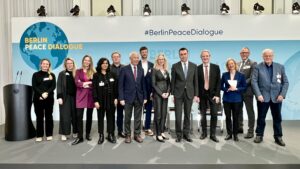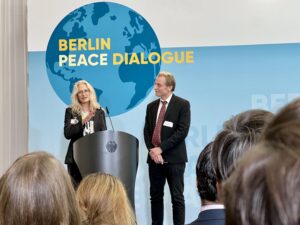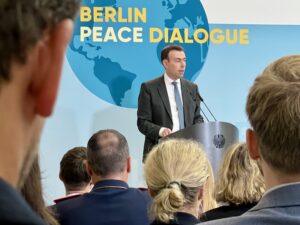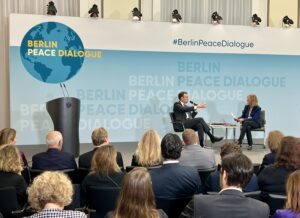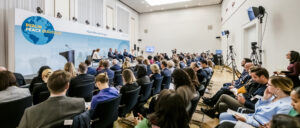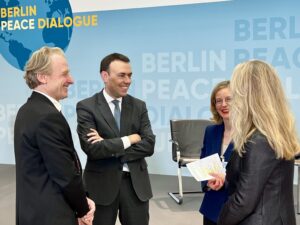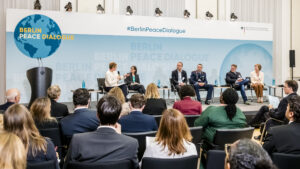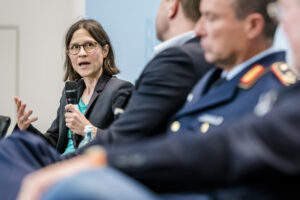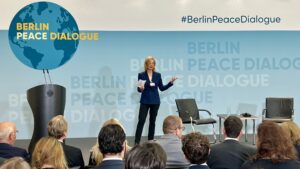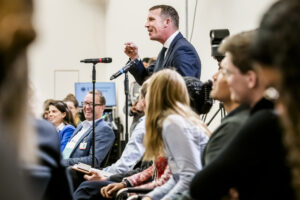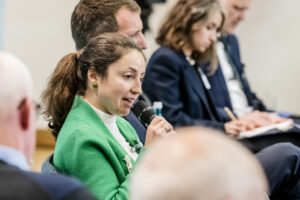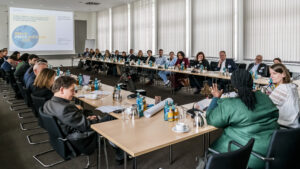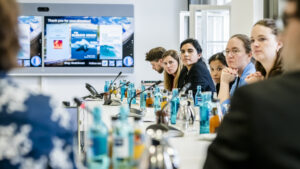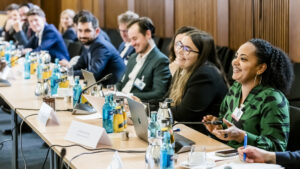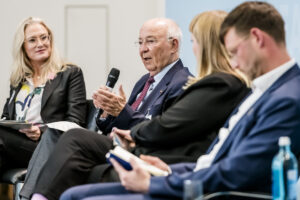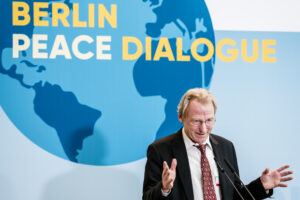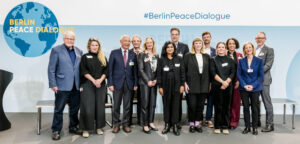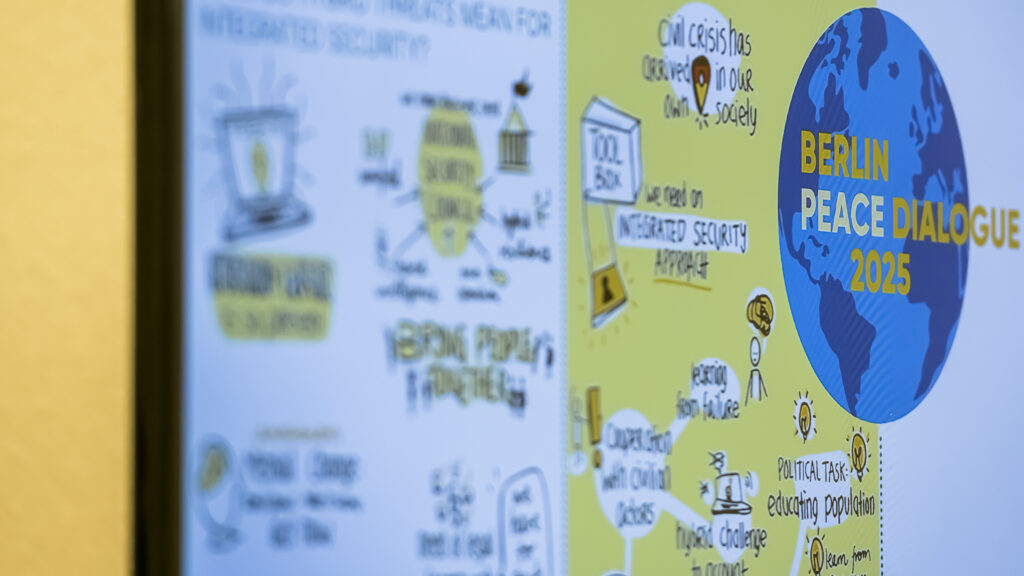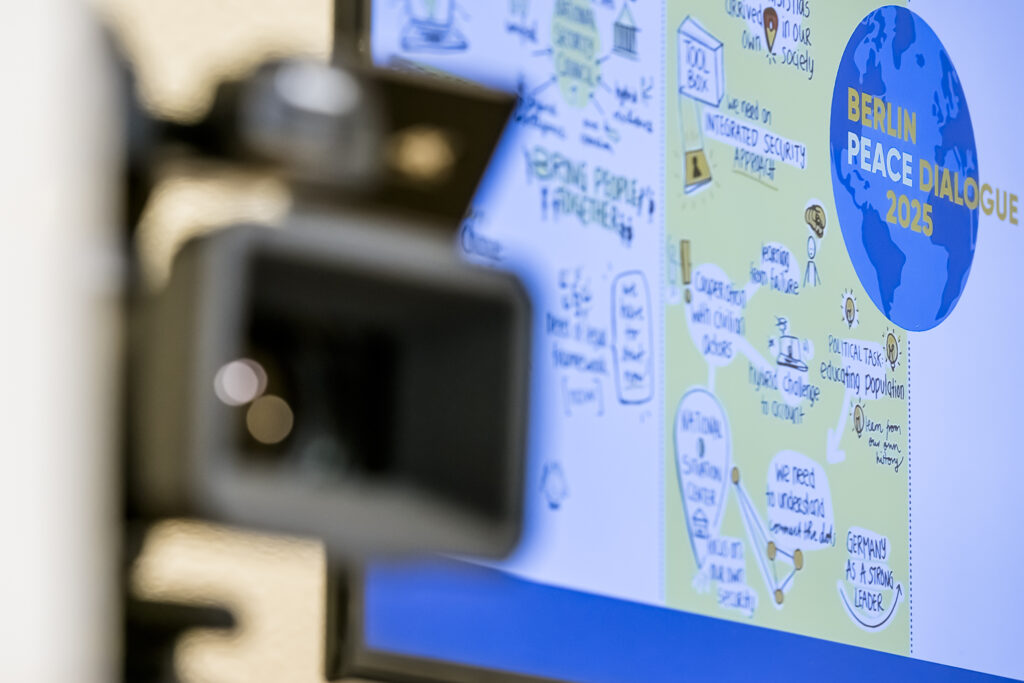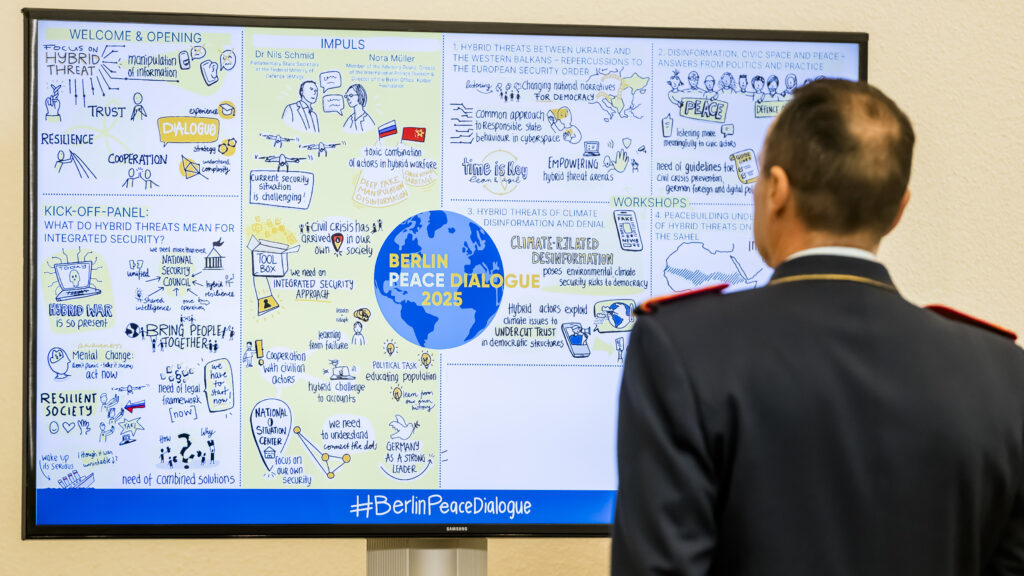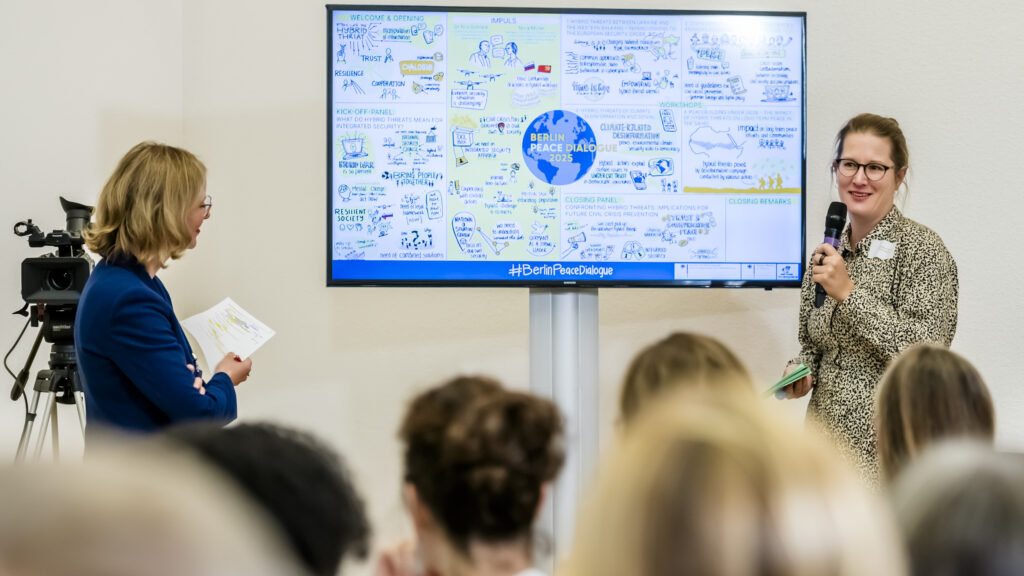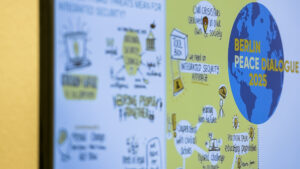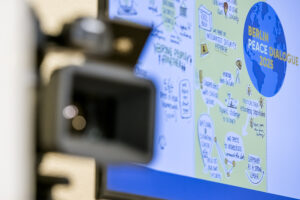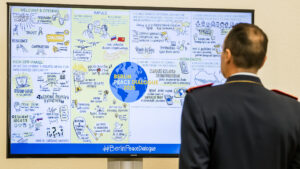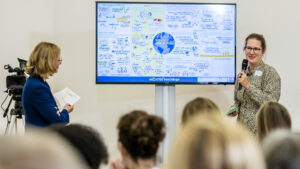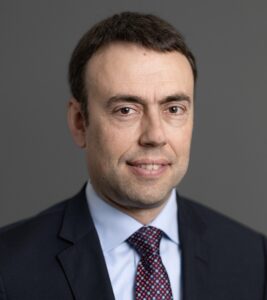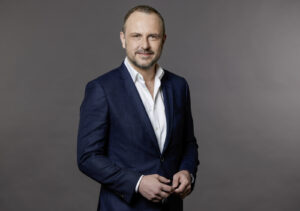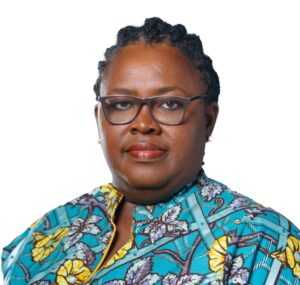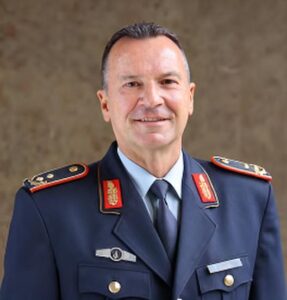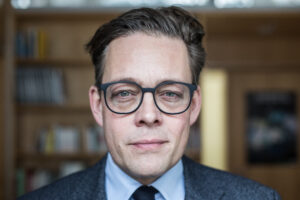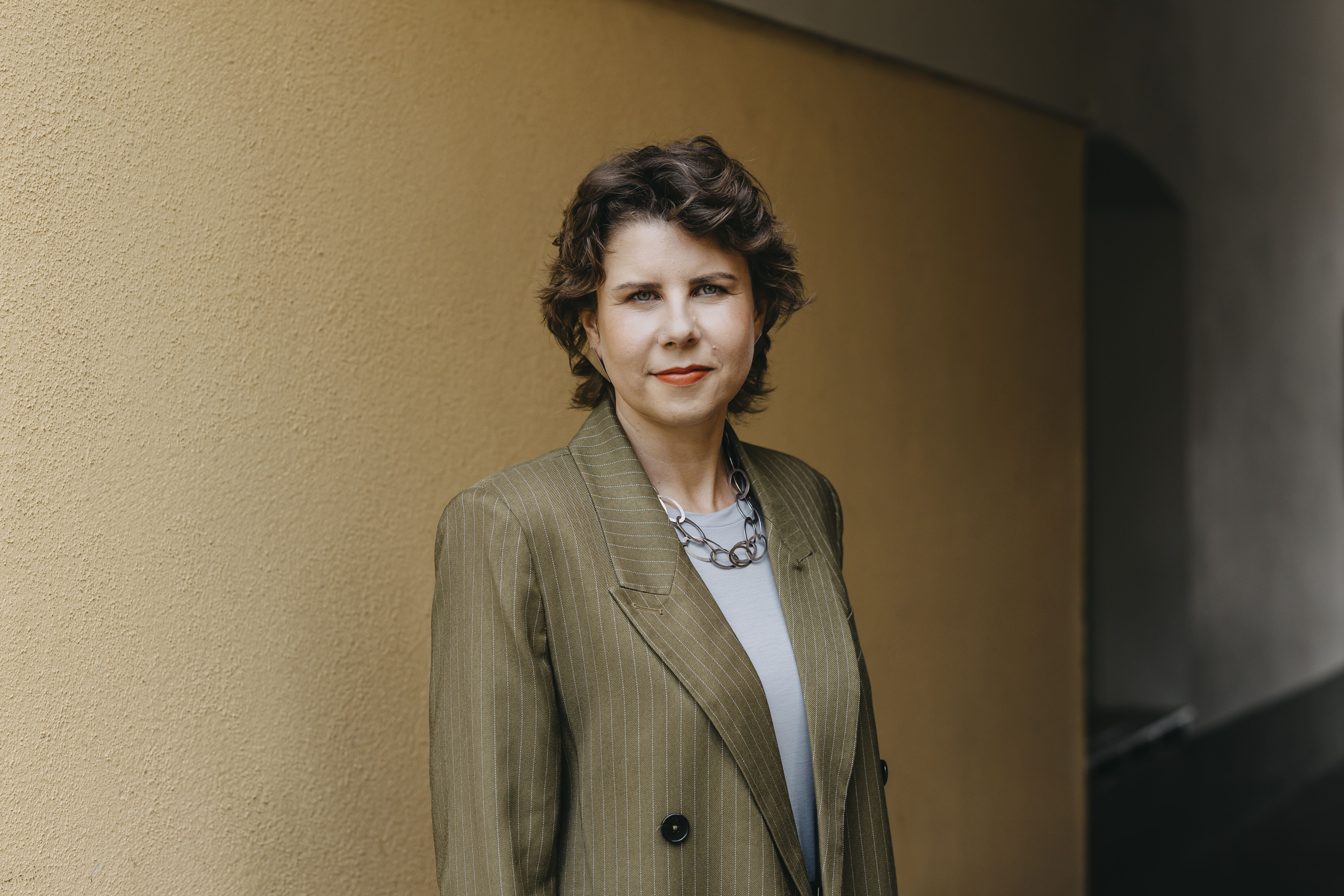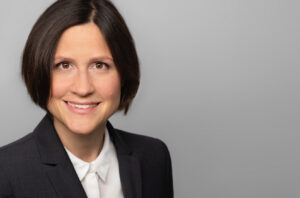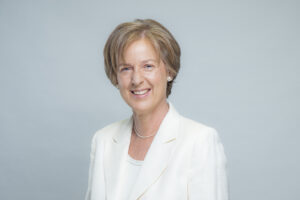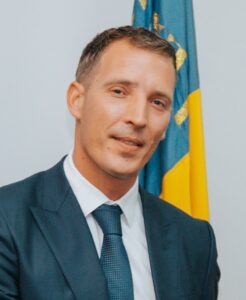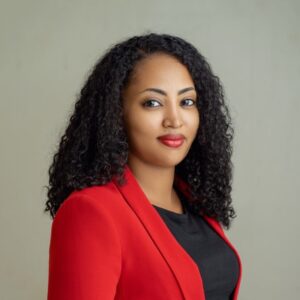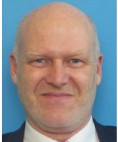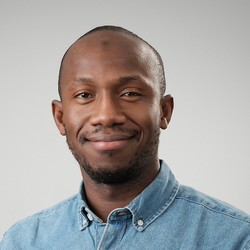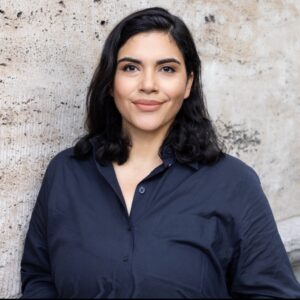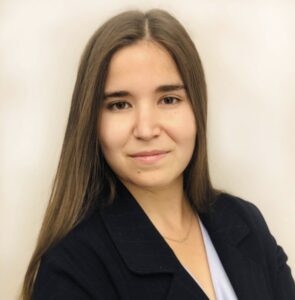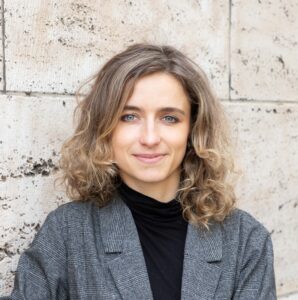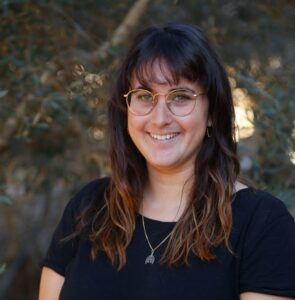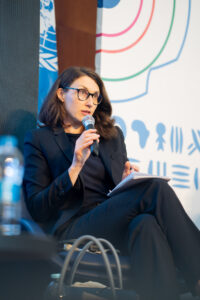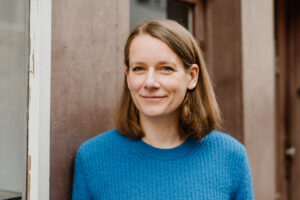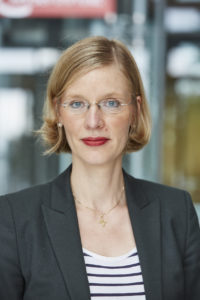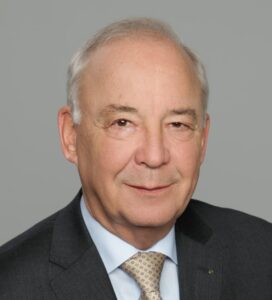
Berlin
Peace Dialogue
2025
Thursday, October the 9th 2025
09.00 am - 17.30 pm CEST
at the Federal Ministry of Defence (Stauffenbergstraße 18, 10785 Berlin) and online.
HYBRID THREATS AND CIVILIAN CRISIS PREVENTION: BUILDING RESILIENCE IN A FRAGMENTED WORLD
Annual Conference of the Advisory Board to the Federal Government on Civilian Crisis Prevention and Peacebuilding
The global situation is worsening: Russia’s war against Ukraine has destroyed the peace order that has existed since the end of the Cold War. Around the world, we are witnessing a shift away from a rules-based order and joint peacekeeping towards the ‘law of the strongest’. Growing authoritarianism and polarization threaten multilateralism, international cooperation, collective security, democracy, and the rule of law. Hybrid threats are also increasingly coming to the fore – for example, in the form of disinformation campaigns, cyberattacks, sabotage, or the deliberate undermining of social cohesion. Such threats combine state and non-state actors, military and non-military means, and have a cross-border impact. They aim to destabilize democratic societies, hamper international conflict resolution, and impair the ability to prevent crises and promote peace through civilian means.
The need for international and national capabilities for conflict management, crisis prevention, and peacebuilding is increasing. Only a combination of defense capabilities and peacebuilding capabilities can guarantee security for Germany and fulfill the mandate of the Basic Law to serve peace in the world.
Photo Gallery
-
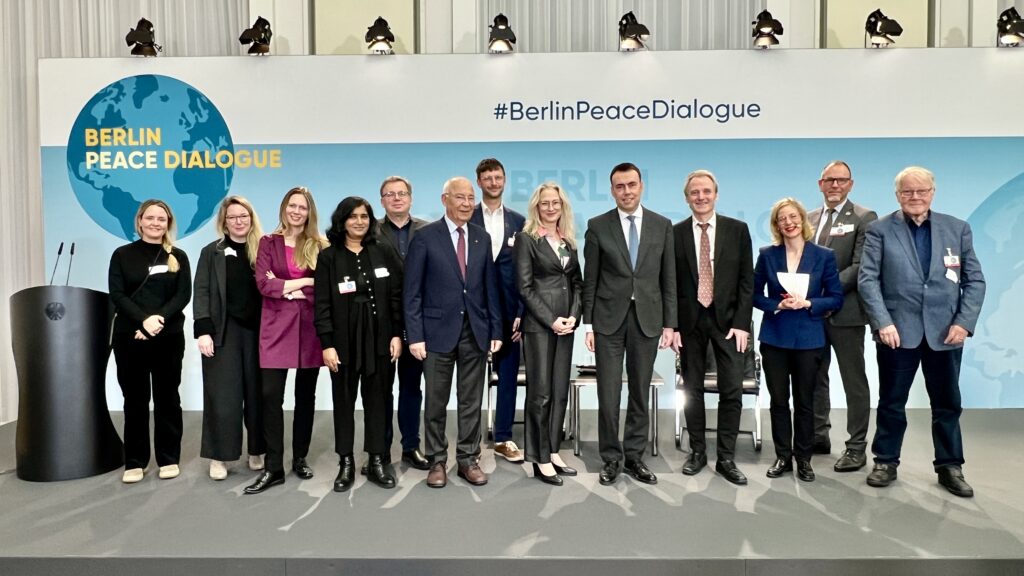
© David Marschalsky -
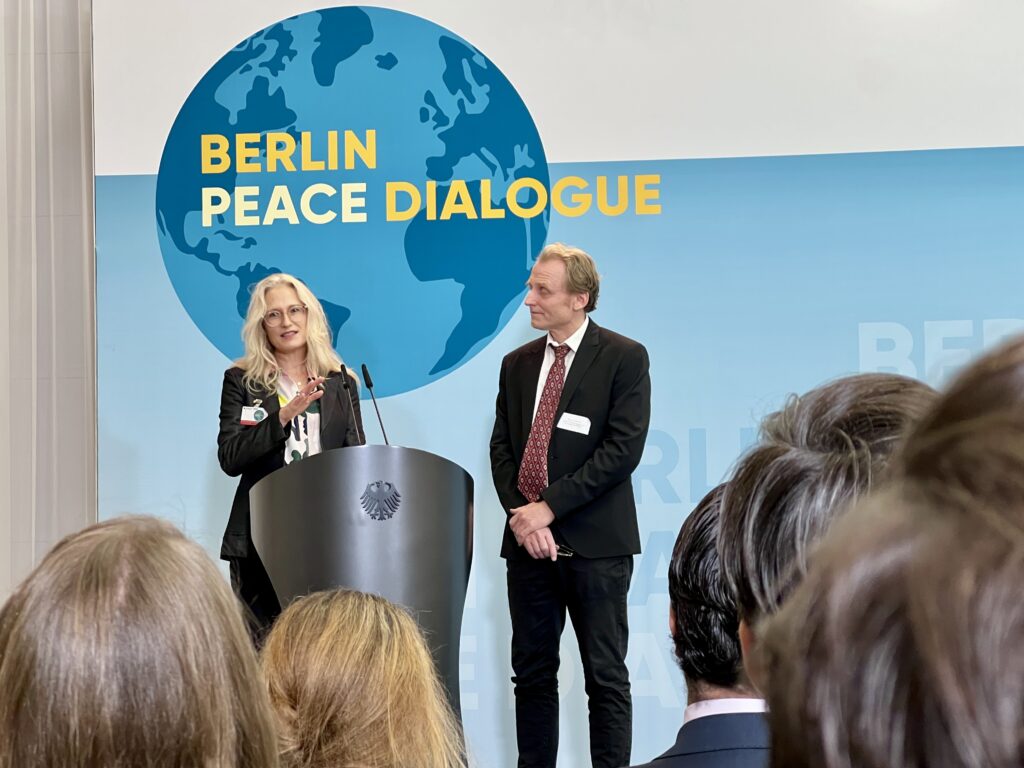
© David Marschalsky -
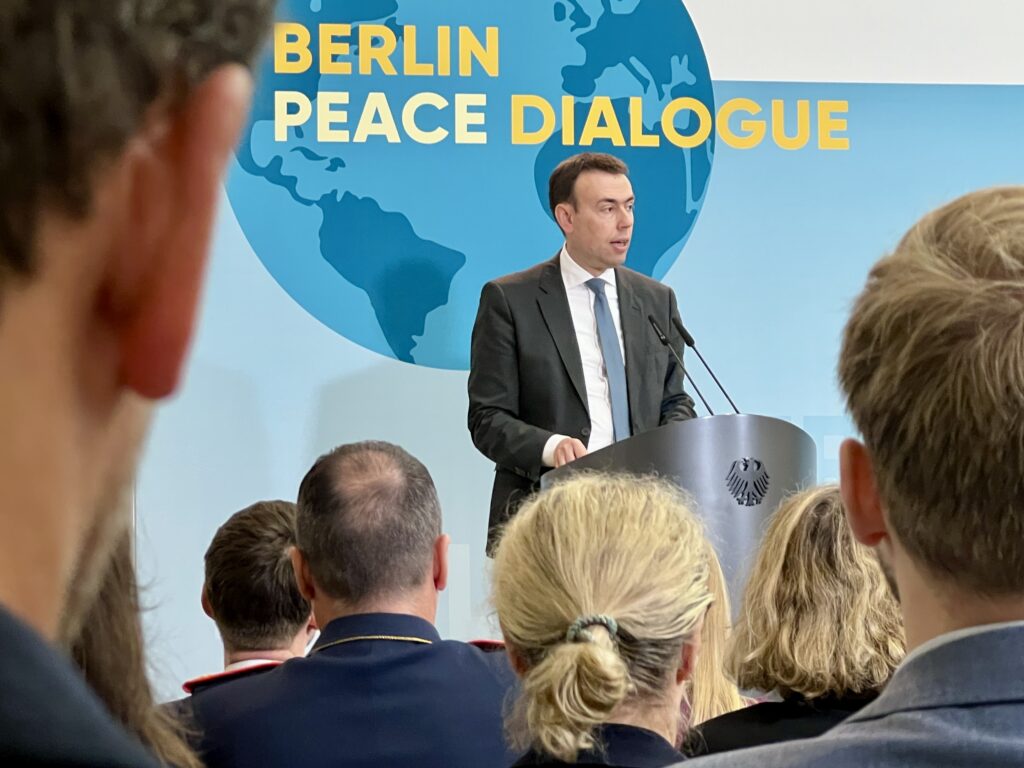
© David Marschalsky -
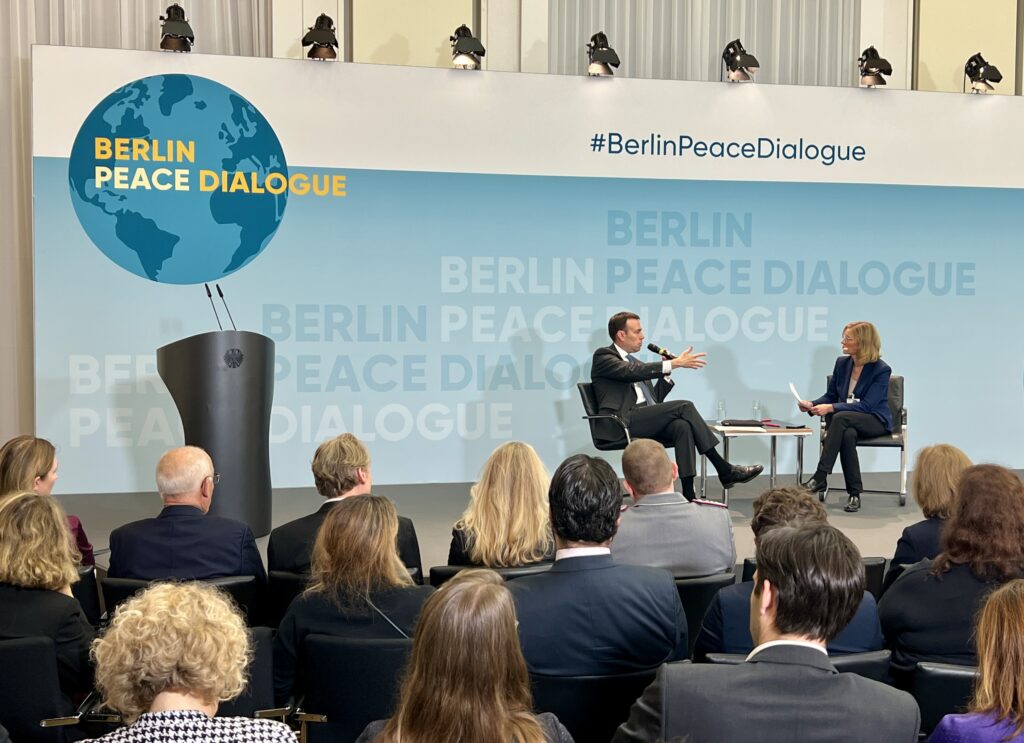
© David Marschalsky -
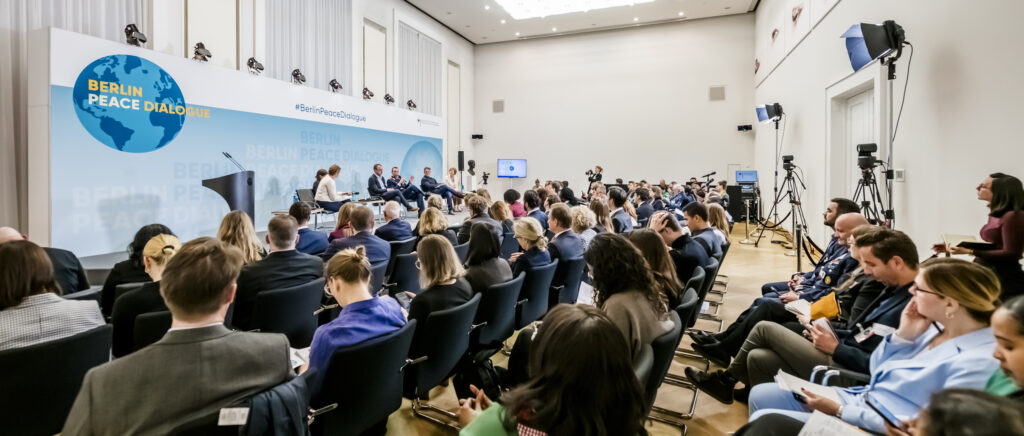
© David Marschalsky -
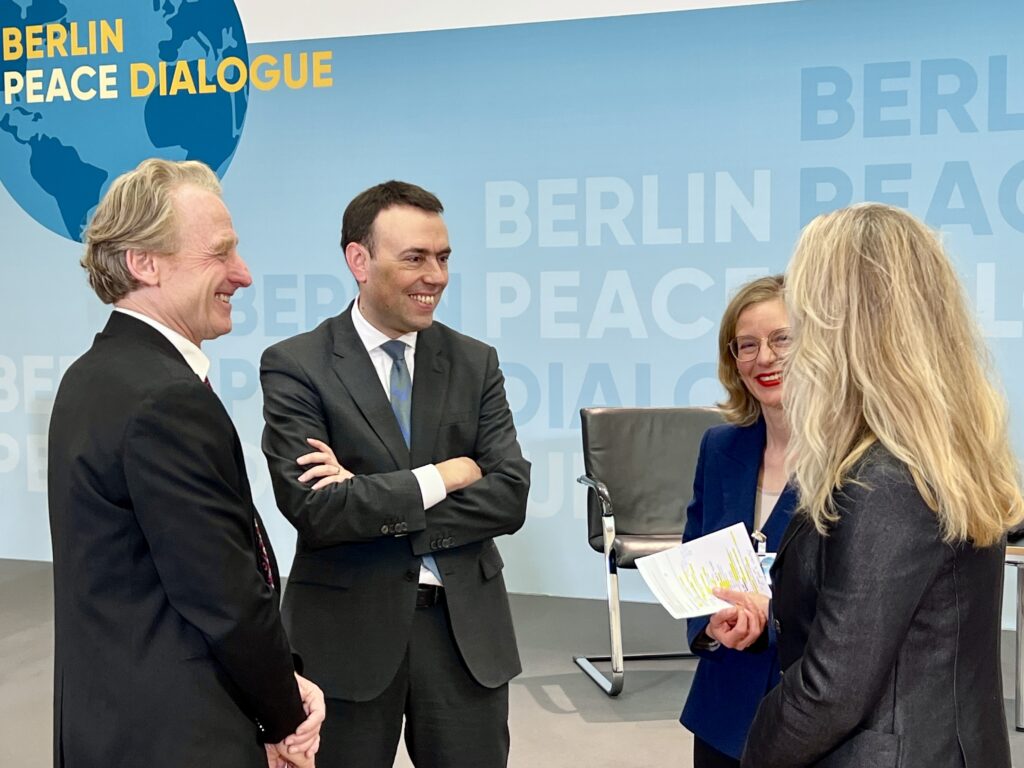
© David Marschalsky -
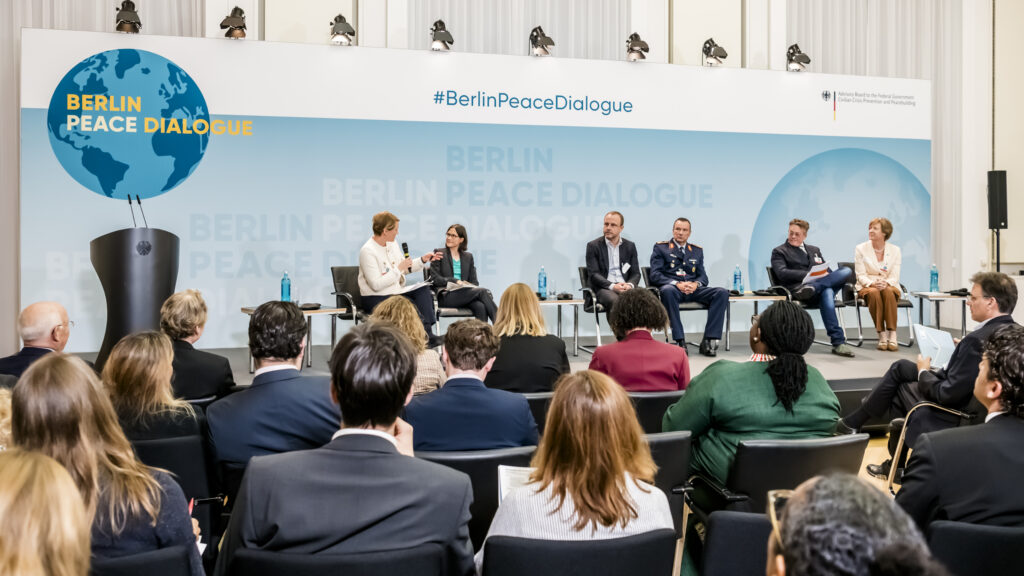
© David Marschalsky -
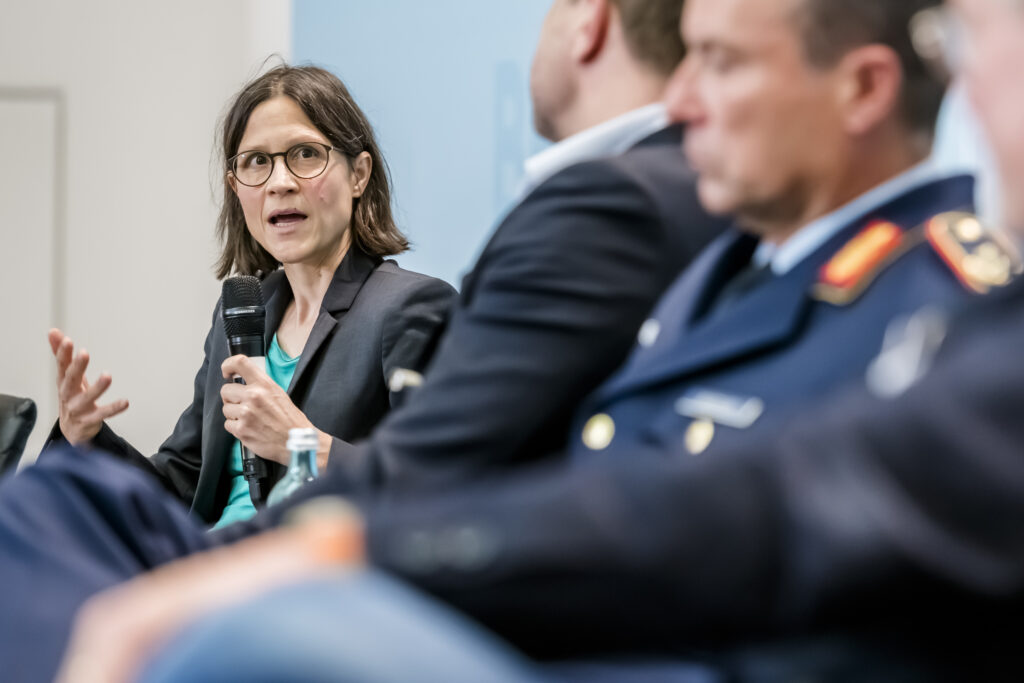
© David Marschalsky -
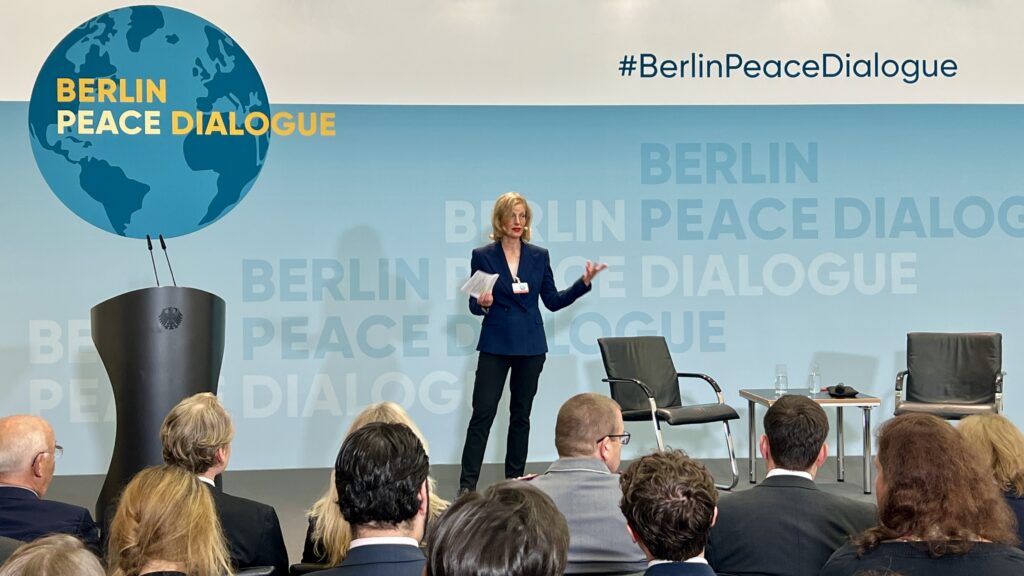
© David Marschalsky -
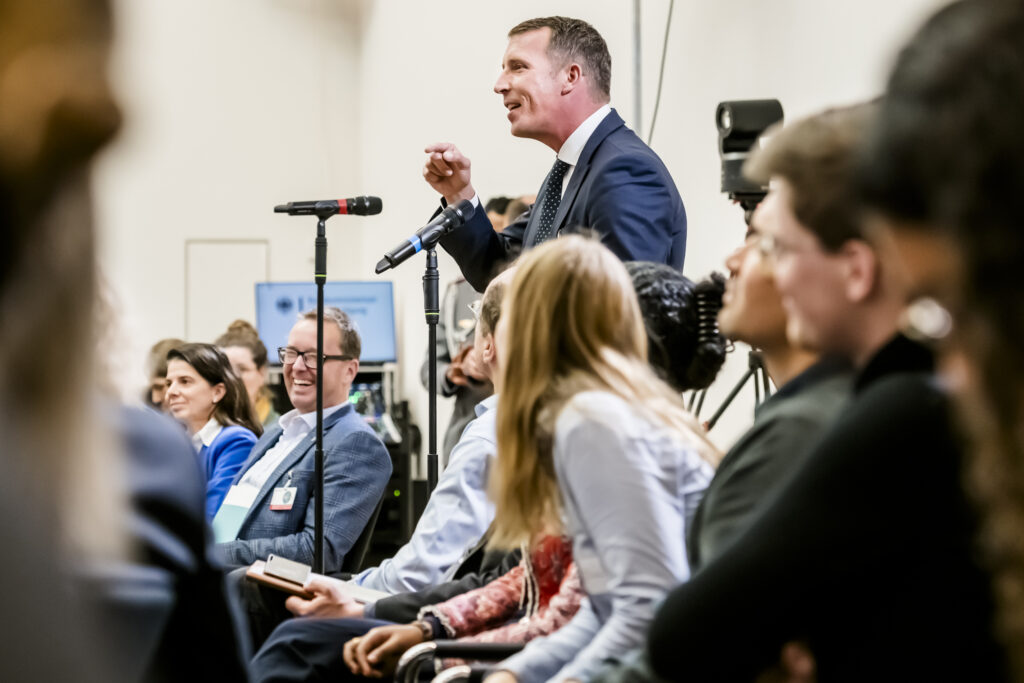
© David Marschalsky -
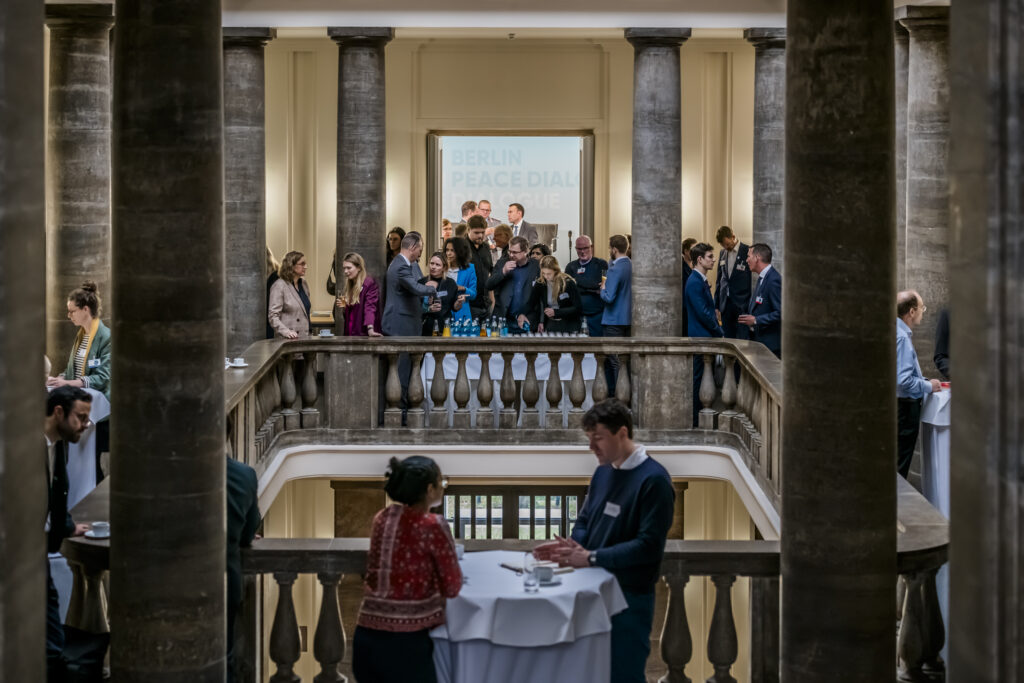
© David Marschalsky -
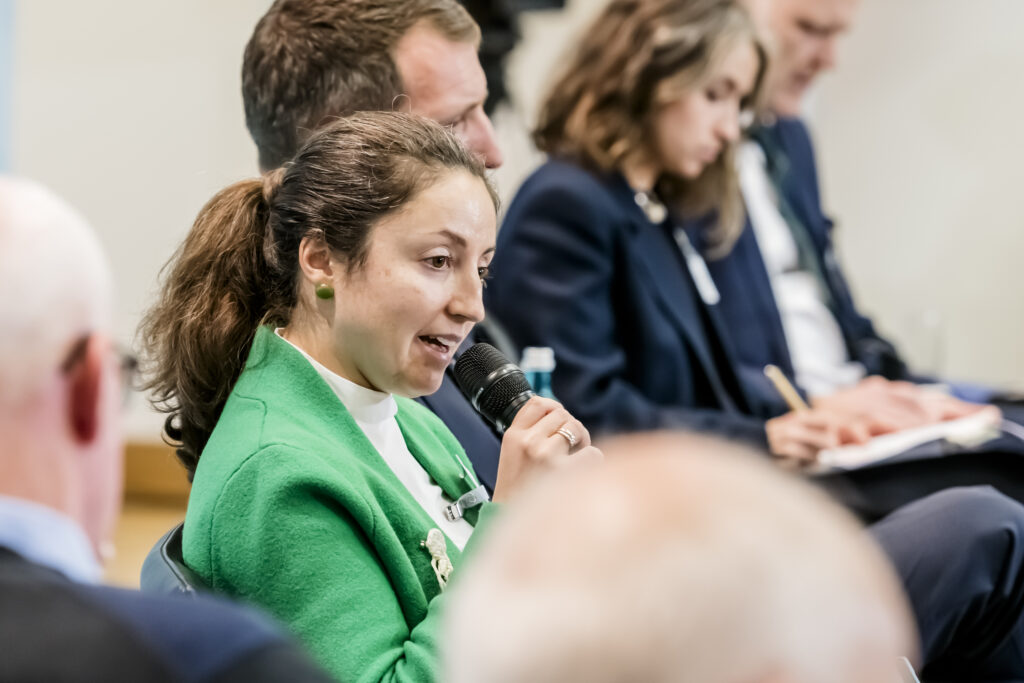
© David Marschalsky -
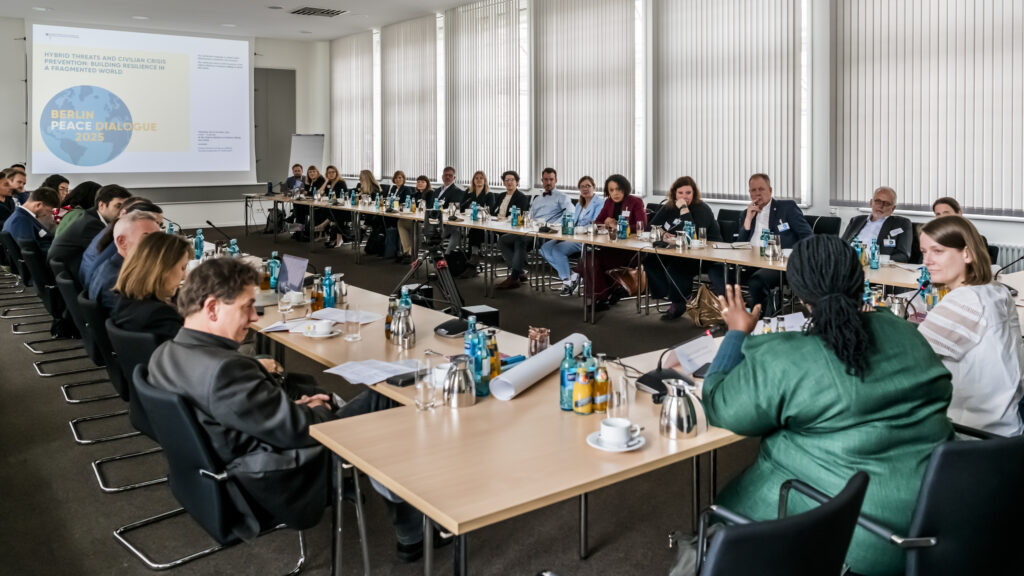
© David Marschalsky -
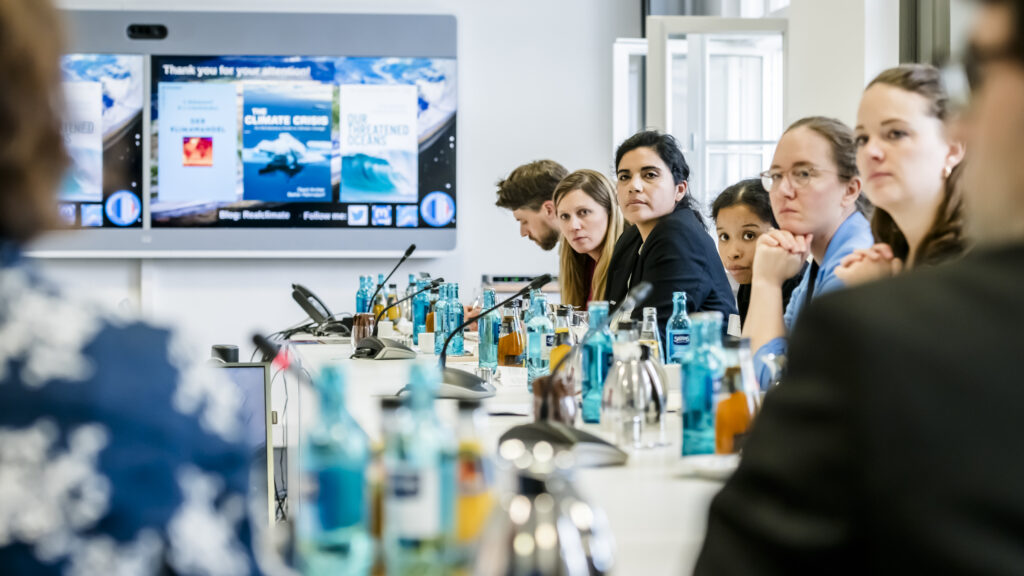
© David Marschalsky -
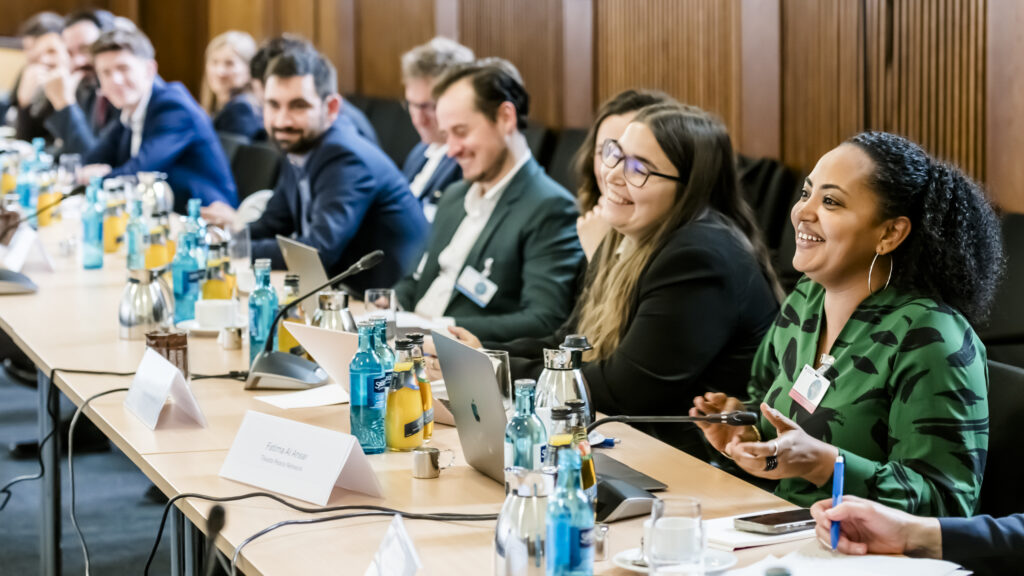
© David Marschalsky -
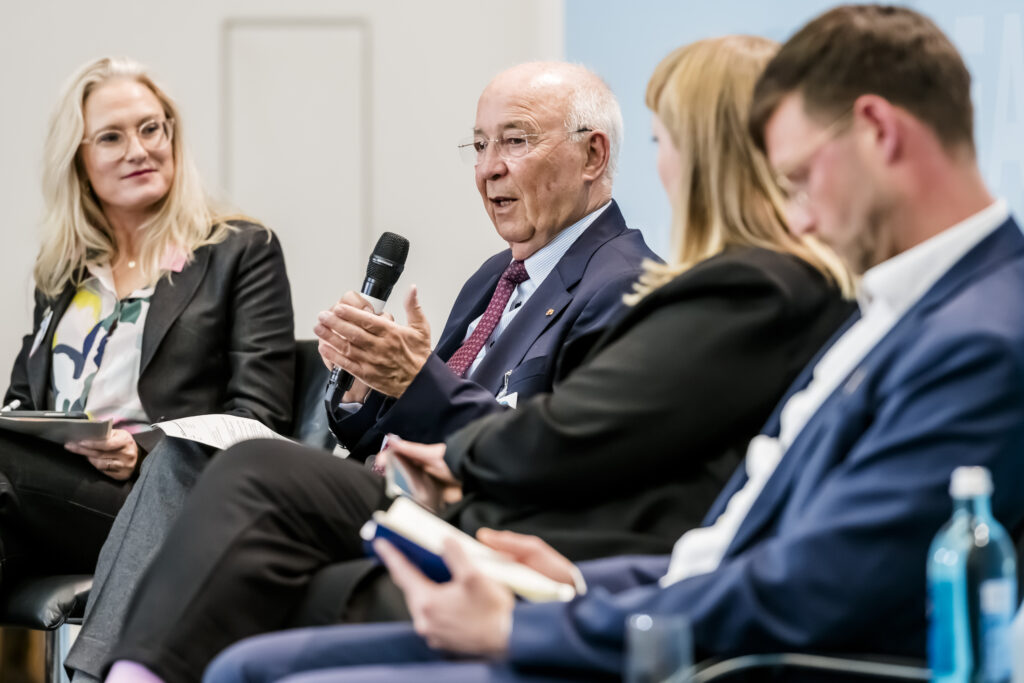
© David Marschalsky -
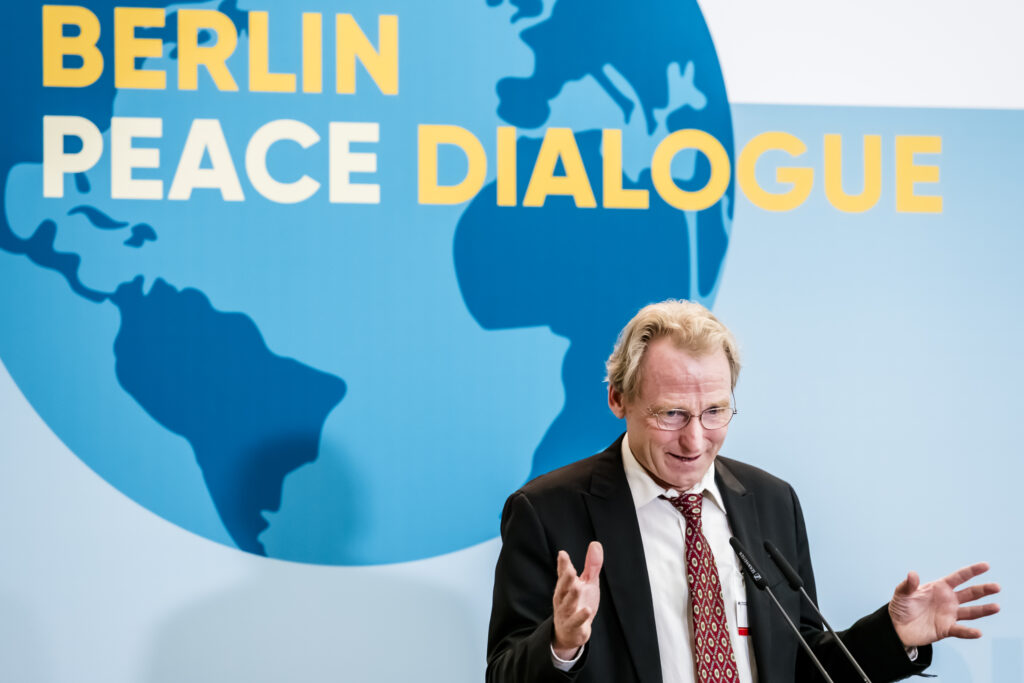
© David Marschalsky -
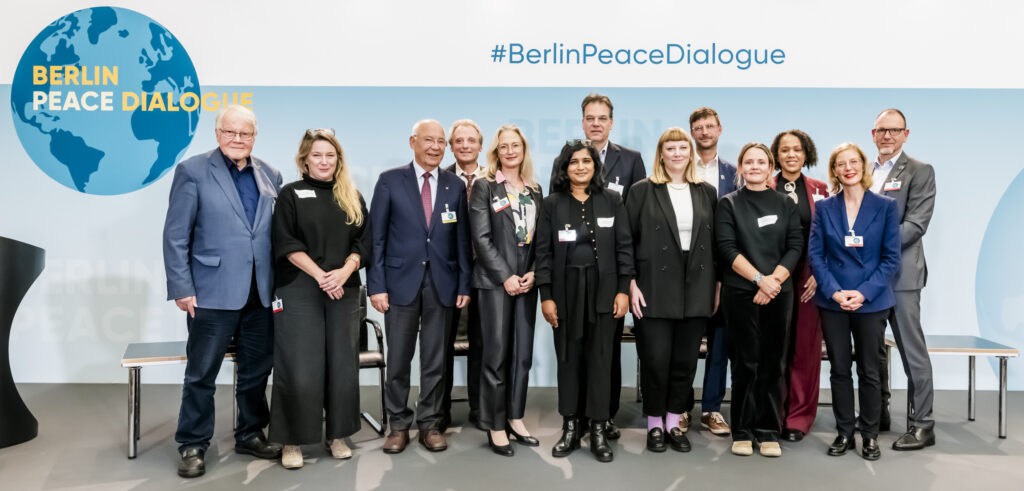
© David Marschalsky
Gallery of graphic recordings
Parallel sessions
-
Hybrid threats between Ukraine and the Western Balkans – Repercussions to the European security order
Since June 2024, the 27 member states of the EU have been negotiating with Ukraine and Moldova about their accession to the European Union. The EU wants – and needs – to provide a strategic response to the new geopolitical challenges, particularly as a result of Russia‘s war of aggression against Ukraine. At the same time, the protracted and complex negotiations with the countries of the Western Balkan are also to be accelerated as much as possible. How can these two objectives be reconciled?
Panelists:
- Dr Oleksandra Keudel, Associate Professor at the Kyiv School of Economics
- Anastasia Pociumban, Research Fellow at German Council on Foreign Relations
- Prof Dr Andreas Heinemann-Grüder, Fellow at GPPi (Global Public Policy Institute)
- Philipp Schweers, Seconded German expert to the
International Criminal Court - Dr Niels von Redecker, Head of Western Balkans Division, Federal Foreign Office
Moderation:
Rainer L. Glatz
Member of the Advisory Board & Former commander of the Bundeswehr Operations Command -
Disinformation, Civic Space and Peace – Answers from politics and practice
The workshop aims to present the effects of hybrid threats on peace policy and human rights work and to derive concrete impulses for political framework conditions and strategic approaches (e.g. for the guidelines on civilian crisis prevention, German foreign and digital policy). The aim is to identify and discuss options for actions for civil society, academia and politics and to promote an cross-sector dialogue between these actors.
Panelists:
- Emma Baumhofer, Digital Consultant and Facilitator
- Carly Rosenthal, Social Media and Fundraising Manager at Combatants for Peace
- Levinia Addaeh-Mensah, Executvie Director at West Africa Network for Peacebuilding (WANEP)
- Gitte Zschoch, Secretary General of the ifa – Institut für Auslandsbeziehungen
Moderation:
Dr Nicole Rieber
Head of Unit Peace Education at Berghof Foundation -
Hybrid Threats of Climate Disinformation and Denial
Hybrid threats, and disinformation in particular, deliberately exploit existing societal divides in order to deepen polarization. The originators of hybrid threats have recognized that issues such as climate change (denial) or anti-immigration rhetoric are well suited to fueling mistrust and resentment toward political institutions, thereby limiting the ability of those in leadership positions to act effectively. Despite overwhelming scientific evidence, climate disinformation has led to resentment of ambitious policies and distrust of political leaders endorsing these actions.
In this workshop, the entanglement of climate denial, right-wing extremism, anti-migration rhetoric and conspiracy theories are analyzed and practical recommendations formulated on how to best address and prevent the spread of false narratives. The discussion will follow a roundtable format with 3-4 initial expert inputs.
Panelists:
- Nikki de la Rosa, Senior Adviser of Climate Conflict Action (CCAA)
- Dr Jan Altgelt, Federal Ministry for Environment,
Climate Action, Nature Conservation and Nuclear
Safety (BMUKN) - Katja Muñoz, Research Fellow at German Council on Foreign Relations
- Prof Dr Stefan Rahmstorf, Co-Head of Research
Department on Earth System Analysis of the
Potsdam Institute for Climate Impact Research
(PIK) and Professor of Physics of the Oceans at
the University of Potsdam
Moderation:
Dr Kira Vinke
Member of the Advisory Board & Head of Center for Climate and Foreign Policy at the German Council on Foreign Relations -
Peacebuilding Under Siege – The Impact of Hybrid Threats on Long-Term Peace in the Sahel
Hybrid threats, including disinformation campaigns, have harmed peace and stability on the African continent. In recent years, many countries have become targets of those campaigns aimed at exacerbating ethnic, religious, and geographic conflict, undermining trust in the government, and tarnishing the reputation of foreign, particularly Western actors. Such campaigns are harmful anywhere, but risk provoking even more violence in countries grappling with conflict. Multiple actors are involved at different levels in those campaigns, amplifying one another’s messages, but also clashing at times. Often sponsored by states, disinformation campaigns hurt peacebuilding efforts in various countries with direct consequences for communities.
Panelists:
- Dr Boubacar Haidara, Senior Researcher at Bonn International Centre for Conflict Studies (bicc)
- Fatima Al Ansar, Director at Tilwate Peace Network
- Dr Beatriz de Léon Cobo, Independent Consultant on Security in Sahel and West Africa region, Director of the Sahel-Europe Dialogue Forum expert group
- Will Brown, Senior Policy Fellow – Africa at European Council on Foreign Relations (ECFR)
- Sandra Sebastian, Federal Ministry for Economic Cooperation and Development (BMZ)
Moderation:
Milena Berks & Melissa Li
Member of the Advisory Board, Senior Advisor and Researcher at the Bonn International Centre for Conflict Studies (bicc) & Research fellow at the Global Public Policy Institute (GPPi)
